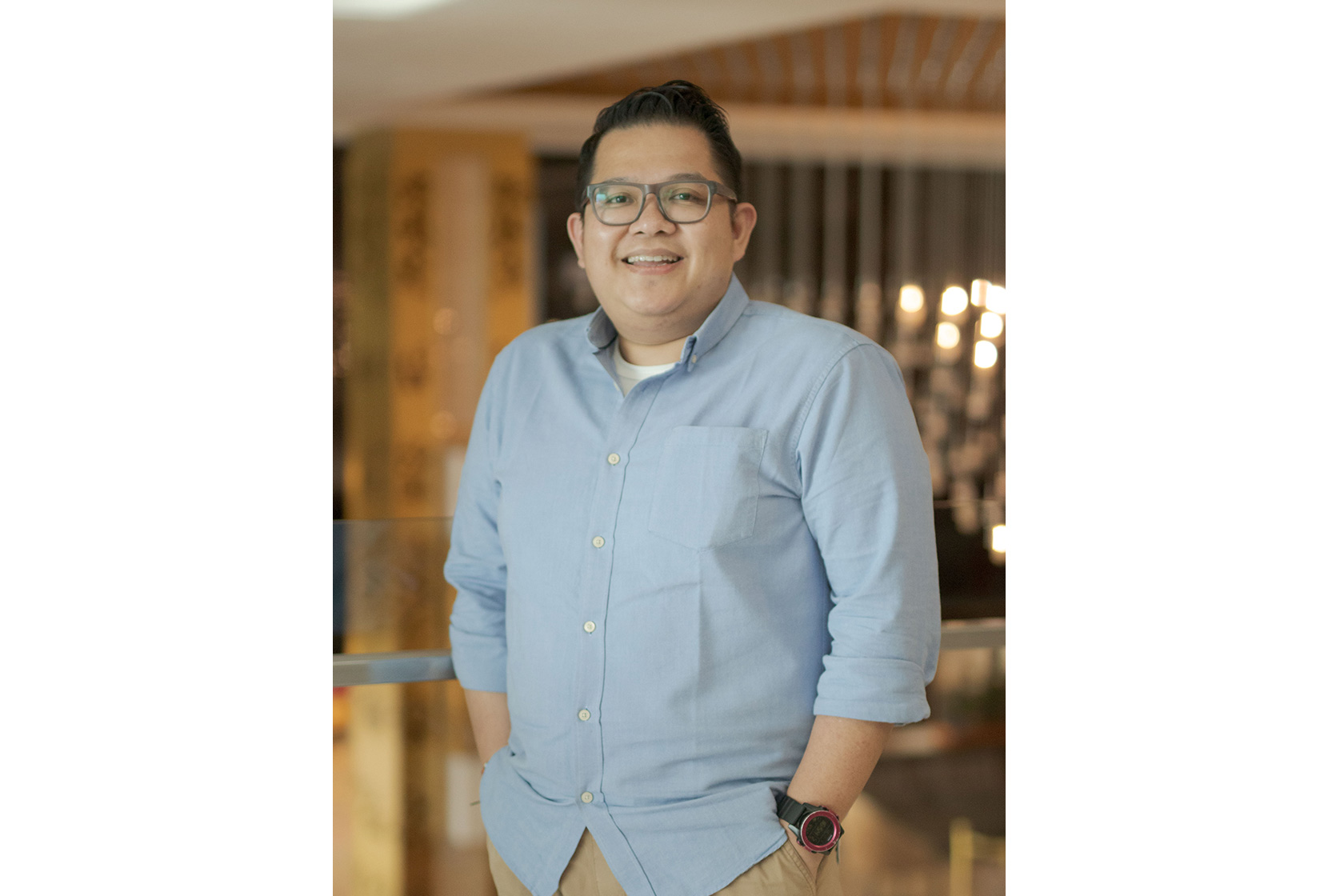Driven by the urgency of the climate crisis, Yesaya Sinambela is investigating innovative ways to convert waste into clean energy and reach renewable targets faster.
His current job as an energy planning analyst at the Department of Energy and Mineral Resources in East Kalimantan has opened opportunities for him to develop the use of clean energy in his region.
East Kalimantan is among the Indonesian provinces with the greatest potential for renewable energy sources. The General Regional Energy Plan 2019–2050 (Rencana Umum Energi Daerah) was released to ensure that the use of renewable energy is efficient and on target.
Under the plan, East Kalimantan aims to have 12% renewable energy by 2025. It currently uses 10% renewables, with solar power dominating the scene, even though East Kalimantan is abundant in biomass and hydropower.
Yesaya decided to enrich his knowledge so East Kalimantan could reach its target faster. He attended Melbourne's RMIT University on an Australia Awards Scholarship to advance his studies in the field of renewable energy.
"I left in 2020. I entered the Masters of Engineering course in February. Not long after that, the borders were closed because of the pandemic, and I couldn't go anywhere," said Yesaya.
The pandemic restrictions did not dampen his eagerness to learn. The lockdowns forced him to shift the theme of his mini-thesis, but this just inspired him to be more inventive. The topic he came up with was developing solar cells from disused railroad tracks.
"I just looked for a theme and place that I could easily reach. I had to make plans for when I could go out and spend time collecting data because the lockdown rules were quite strict at that time," Yesaya explained.
The subject of his second mini-thesis was the production of electrical power from waste palm oil. He was hoping that by this stage, the restrictions would lift, and he could gather data from East Kalimantan. But there was no slowdown in the pandemic, so he did office-based research.
Efforts are underway in East Kalimantan to regulate waste from palm oil mills to sustain the region's electrical energy supply. It is predicted that a biogas power plant could produce at least 30 MW of electrical energy with palm oil waste. By 2050, the electrification from these renewable energy sources is expected to reach 25% of the region's energy mix.
"Some palm oil waste has already been converted into Bio-CNG (Bio-Compressed Natural Gas)," said Yesaya. "From there, it is then used as vehicle or engine fuel. This is already in progress in East Kalimantan. For me, my focus remains on electricity."
Dreams of Clean Electricity
Yesaya spent six years at university, exploring his interest in electricity. He majored in electrical engineering to obtain a bachelor's degree at the Sepuluh November Technical Institute, Surabaya, in 2004.
"When I was in high school, I wasn't interested in chemistry and biology. I preferred electric circuits. When looking for a college, there was an electrical major. Plus, there were many job opportunities," Yesaya said.
The wanderlust he inherited from his parents also played a role in his decision to travel to Surabaya. "My parents were Batak people but lived in East Kalimantan. I was born in East Kalimantan. When I was in college, I considered Yogyakarta, Bandung, and Surabaya. However, I felt more suited to the environment in Surabaya."
Similarly, he chose to embark on a trip to Australia, attracted by the friendly environment and the study he wanted to do.
"Australia is more advanced in developing renewable energy," he explained. "The research conducted on campus would be used for my professional development. Everything was aligned with what I needed for my studies. Additionally, I work in government, and what I learn here I can slowly apply to my work, including developing long-term energy planning."
In addition, he participated also in the Australia Awards Short Course on Renewable Energy in 2023. He spent two weeks touring various innovative renewable energy construction under Griffith University and in New South Wales with twenty-four other participants.
"I took part to broaden my network in the same profession and gain more knowledge about renewable energy, particularly among course participants who are practitioners and business sector members. I also wanted to learn about the most recent developments in renewable energy and its implementation in Australia," he said.
He believes Indonesia can transition to more ecologically friendly renewable energy. All of this ultimately boils down to the political will of each regional and central leader. Along with this, the monopoly on energy management and the low purchasing power of citizens could hinder the energy transition process.
"In Australia, it's an open market. The solar cells industry is bustling. Then, there is carbon certification, too. So, the provision structure is also well established," Yesaya explained.
Speaking about the International Day of Clean Energy on 26 January, Yesaya said the development of clean energy technology was crucial due to the climate crisis. He highlighted the significant environmental cost associated with fossil fuels.
"In East Kalimantan, your eyes can't avoid the mines," he said. "Air pollution is everywhere. Clean energy is an urgent need. The longer we delay, the more there is to lose; the sooner we can make the transition, the better."


 Yesaya Sinambela Works Towards Turning Waste into Clean Energy
Yesaya Sinambela Works Towards Turning Waste into Clean Energy
